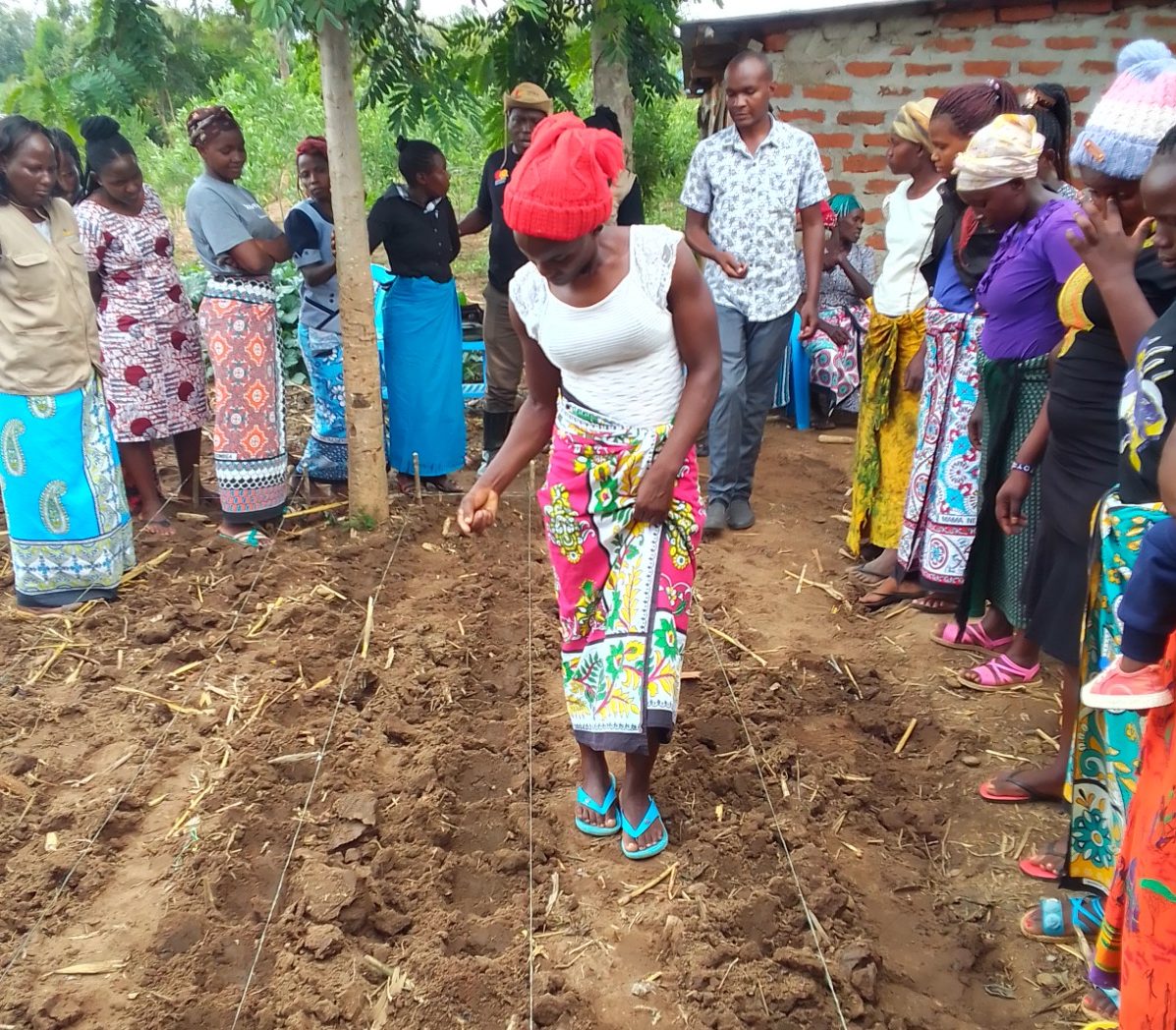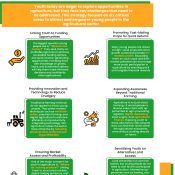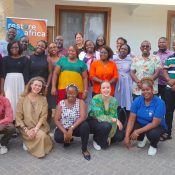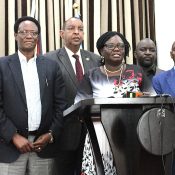
Women and Youth benefit from Seed and GAPs Training in Upper and Lower Eastern.
By Victoria Thiga – Program Manager, Youth, and Gender Specialist
The distribution of drought-tolerant seeds and the training on Good Agricultural Practices (GAPs) in Upper and Lower Eastern counties of Meru, Tharaka Nithi, Kitui, Machakos, Makueni & Taita Taveta, is a critical initiative aimed at supporting smallholder farmers during the long rainy season. The efforts by Africa Harvest, in collaboration with ICRISAT and the county governments, highlight a comprehensive strategy to enhance food security, mitigate climate change impacts, and empower women and youth in agriculture.
The distribution of drought-tolerant seeds is crucial for farmers in regions prone to erratic rainfall and drought. These seeds are specifically selected to withstand dry conditions, germinate with minimal water, and mature within a short period (75-90 days). By providing farmers with access to such seeds, the initiative aims to improve crop resilience, reduce production risks, and enhance yields, ultimately contributing to food security.
Collaboration with ICRISAT, a renowned research organization specializing in agriculture, ensures that farmers receive high-quality seeds developed through advanced technologies. Additionally, the involvement of county governments underscores the importance of local knowledge and expertise in implementing agricultural interventions tailored to specific regional needs.
Beyond seed distribution, the initiative focuses on capacity-building through hands-on training in GAPs. This includes educating farmers, particularly women and youth, on optimal farming techniques such as land preparation, spacing, fertilizer application, and sowing methods. These practices are essential for maximizing crop productivity, conserving resources, and mitigating environmental impacts.
The DTC 4 youth jobs creation project, spanning five years, demonstrates a long-term commitment to addressing youth unemployment through agriculture. By creating 120,000 jobs, especially targeting women and youth, the initiative not only contributes to economic development but also fosters inclusivity and empowerment within rural communities.
Establishing demonstration plots serves as a practical learning platform for farmers to observe and adopt recommended practices. These plots showcase the benefits of using drought-tolerant seeds alongside proper agricultural techniques, encouraging widespread adoption and sustainability across the region.
This integrated approach encompassing seed distribution, GAPs training, and partnership with key stakeholders signifies a holistic effort to enhance agricultural productivity, resilience, and livelihoods in the face of climate change. By empowering farmers, particularly women and youth, with knowledge and resources, the initiative is poised to catalyze sustainable development and food security in Upper and Lower Eastern counties of Kenya.



